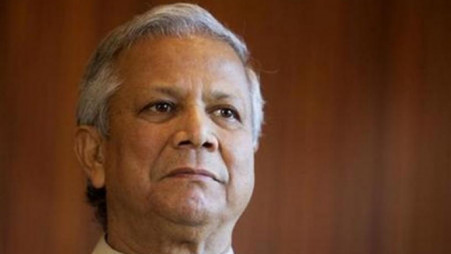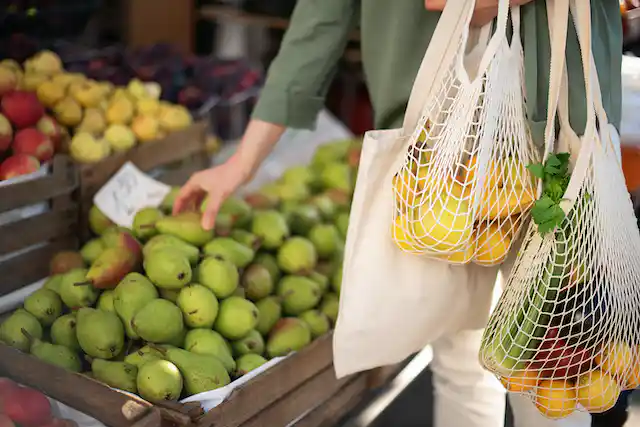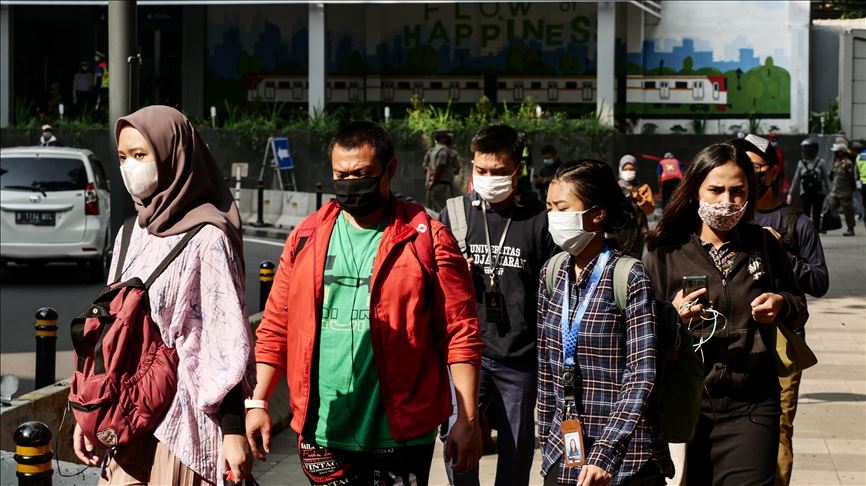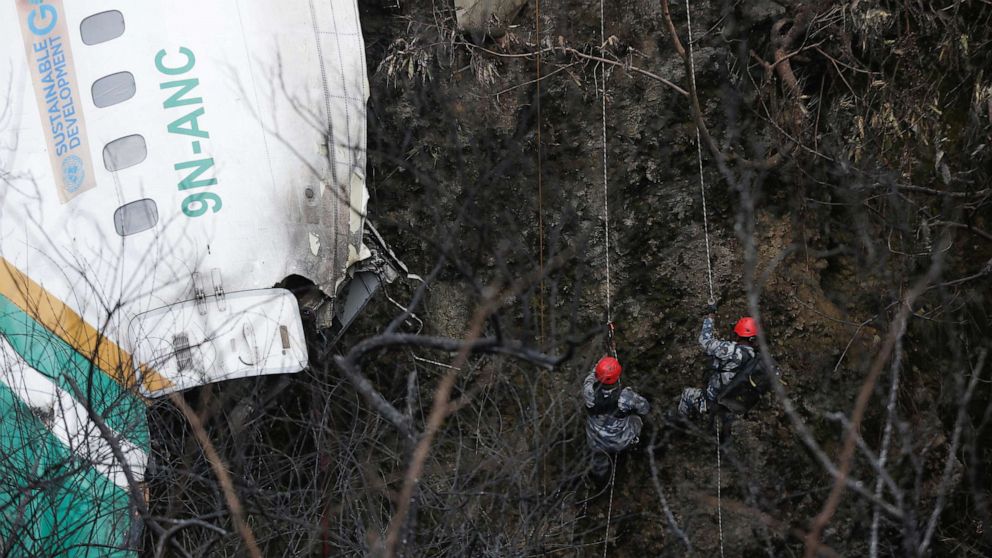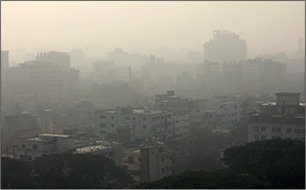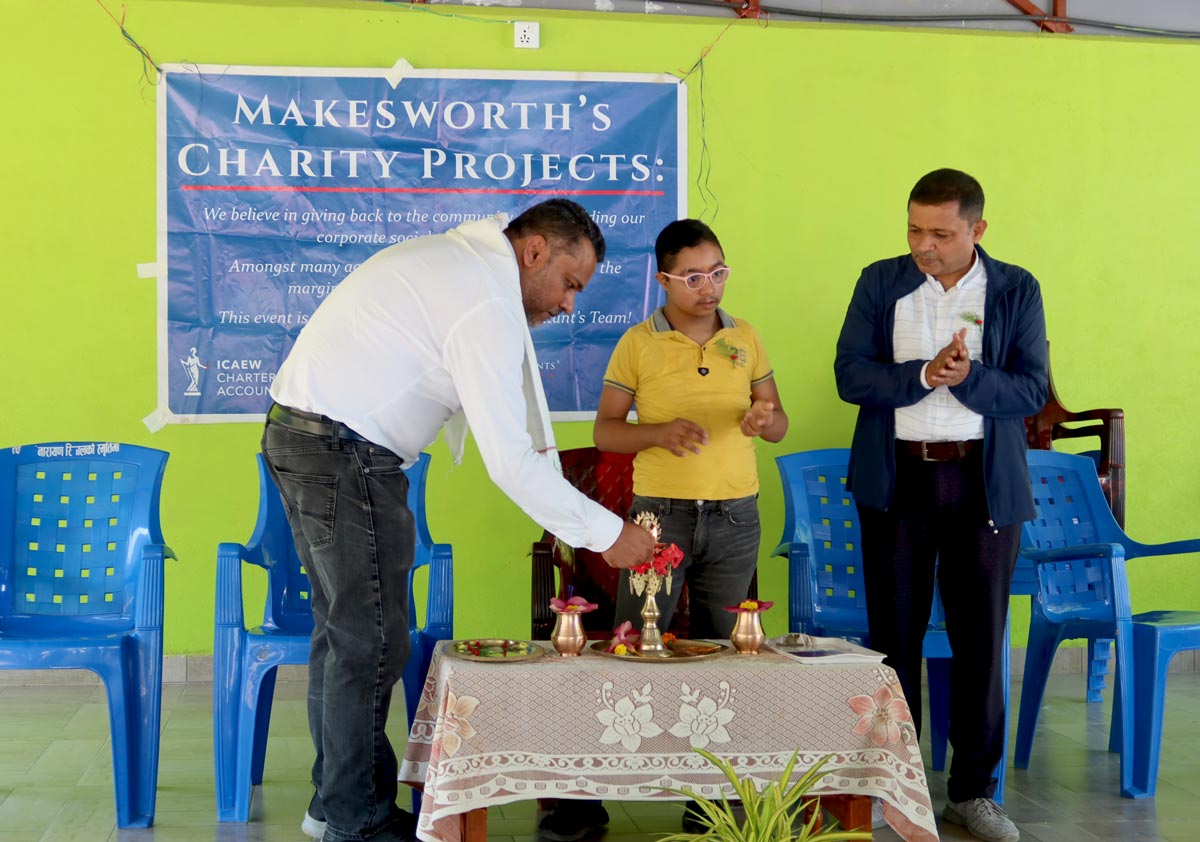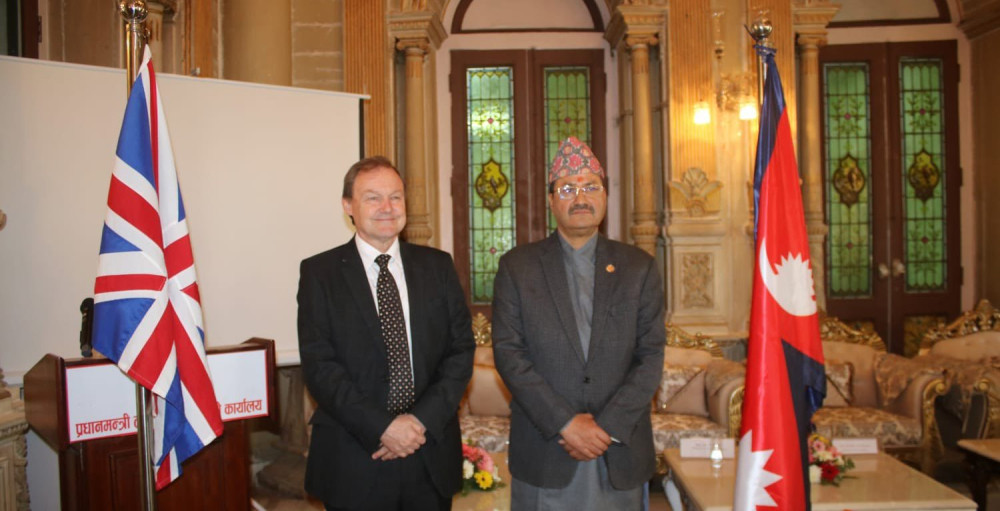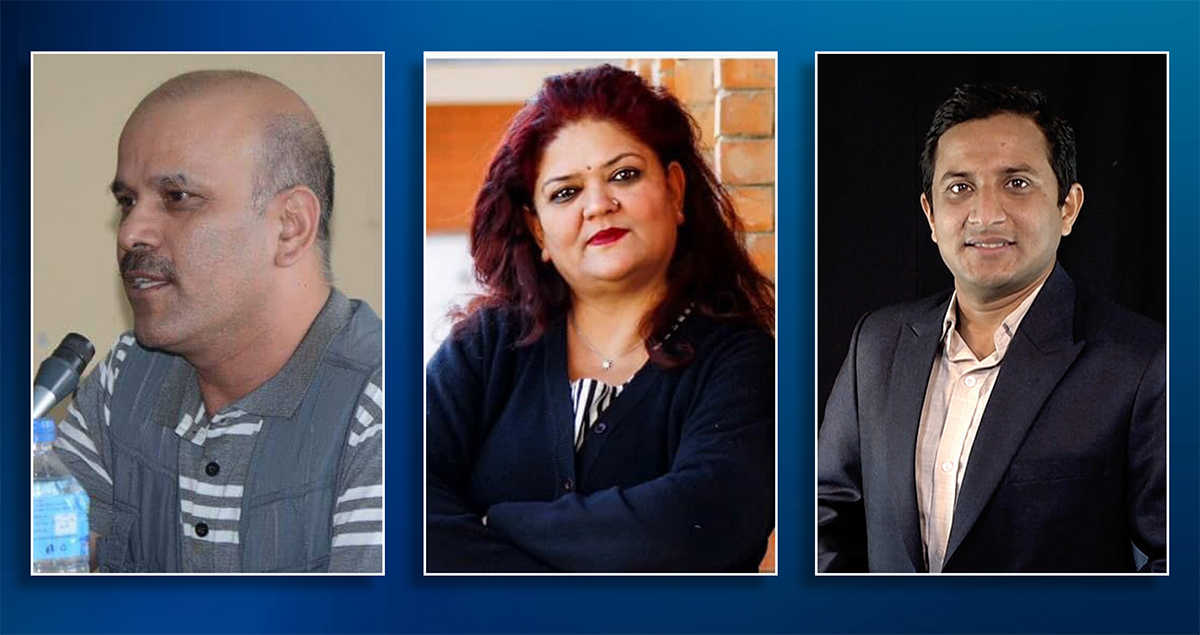Ian Williams, Alice Brock, University of Southampton
People all around the world traditionally use their new year to embark on a change in lifestyle.
The People’s Climate Vote, a UN survey of public opinion on climate change, highlights that citizens around the world recognise climate change as a global emergency and agree that we should do everything necessary in response.
People are gradually adopting more sustainable lifestyles, but many find it hard to change habits and often don’t know where to start their sustainability journey.
So if you’re looking to make your life greener in 2024, here are some manageable and affordable changes you can make.
- Eating
We throw away a billion tonnes of food each year. Food waste often generates methane, a greenhouse gas that is more potent than carbon dioxide.
But there are simple changes you can make to eat more sustainably (and often at less expense too). These include eating locally and seasonally, or eating less meat and more plants, especially beans and greens. Beans require no nitrogen fertilisers (which are, in part, produced from natural gas) thanks to their ability to convert nitrogen from the air into nutrients.
Going meat-free on one day each week would be a good start. Eating processed “mock meats” can be a stepping stone towards a more plant-based lifestyle, although they are relatively expensive.
Planning your meals in advance and making sure you eat your leftovers will help you reduce unnecessary waste. And use a microwave for cooking where possible since it is more energy efficient than cooking over a stove.
You don’t have to do them all – choose the ones that work best for you.
- Travelling
We all need to travel, whether to work, school, university or to the shop. Sustainable travel is a balancing act.
Choosing active travel – walking, wheeling and cycling – is the greenest option, keeping us and our children fitter and healthier while producing no carbon emissions. Try replacing one or two car journeys a week with active travel options if you can.
In urban areas, where you’re travelling shorter distances, active transport is often faster and cheaper than car travel. It also reduces congestion, which is a significant cause of urban air pollution.
For longer journeys, travelling by train or bus is more environmentally friendly than by car and plane. But you often must plan ahead to get the cheapest tickets.
A rear view of businessman commuting to work on a bicycle.
Active transport is often a faster and cheaper way of travelling around a city. Ground Picture/Shutterstock
- Energy use
The energy we use at home is becoming increasingly expensive and is a significant contributor to greenhouse gas emissions. Making small changes to our daily energy use can make a big difference, both to our bills and household emissions.
Most of these changes are easy and convenient. Turn off lights when leaving a room. Cook food with the saucepan lid on. Turn your home thermostat down by 1°C. Wash clothes and crockery at colder temperatures. Take shorter showers. Unplug devices such as microwaves when not in use and chargers when devices are fully charged. And replace broken halogen light bulbs with more efficient LED versions.
Using the data recorded by a smart meter (if you have one) to monitor your energy use can help you make these changes.
- Clothing
People love buying new clothes. But “fast fashion” has an astonishingly high environmental and social cost. The fashion industry generates over 92 million tonnes of waste every year, most of which is incinerated, sent to landfill or exported to developing countries.
There are lots of ways to be both fashionable and sustainable. Start by organising your wardrobe so you know what you’ve got before you start shopping, and that anything you buy will “work” with what you currently have.
Don’t throw away damaged items – there are loads of YouTube videos to help you repair clothes and accessories. You can even make your clothing more personal using repair methods such as Sashiko stitching, making the repair a visible feature of your clothing.
Buying second-hand will save you money, and the social and environmental benefits of charity retail are widely recognised. You could also swap clothing you no longer want with friends and family or at swap shops.
Alternatively, you could buy less, but higher quality clothing. These items are usually more durable and last longer.
Young women swapping clothing with each other.
Swap clothing you no longer want with friends or family. Fotoksa/Shutterstock
- Waste management
We generate more than 2 billion metric tons of solid municipal waste worldwide each year. This figure is expected to increase by 70% by 2050. There are many small changes we can make to reduce the amount we put in our bins.
Writing a shopping list can reduce overbuying and impulse buying. Take reusable bags with you when you shop. And shop packaging free. There are lots of places to buy food without excess packaging like zero-waste shops where customers are encouraged to use containers from home to fill and refill with bulk wholefoods.
Make sure you know what you can recycle locally and follow the advice provided. Reducing waste saves valuable resources as well as reducing pollution and your weekly spend.
By making small changes to our lifestyles, we can collectively move towards a more sustainable future. ( From : The Conversation)






